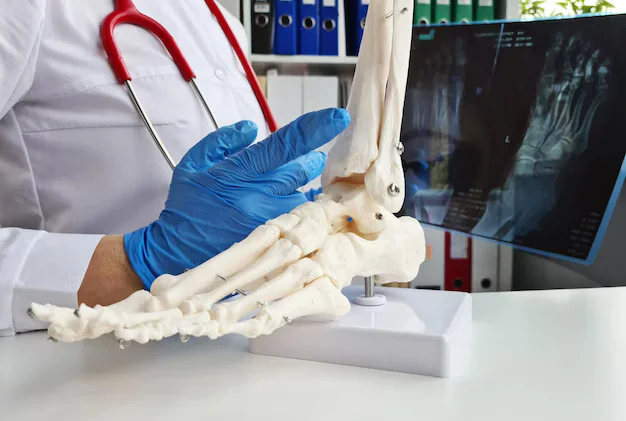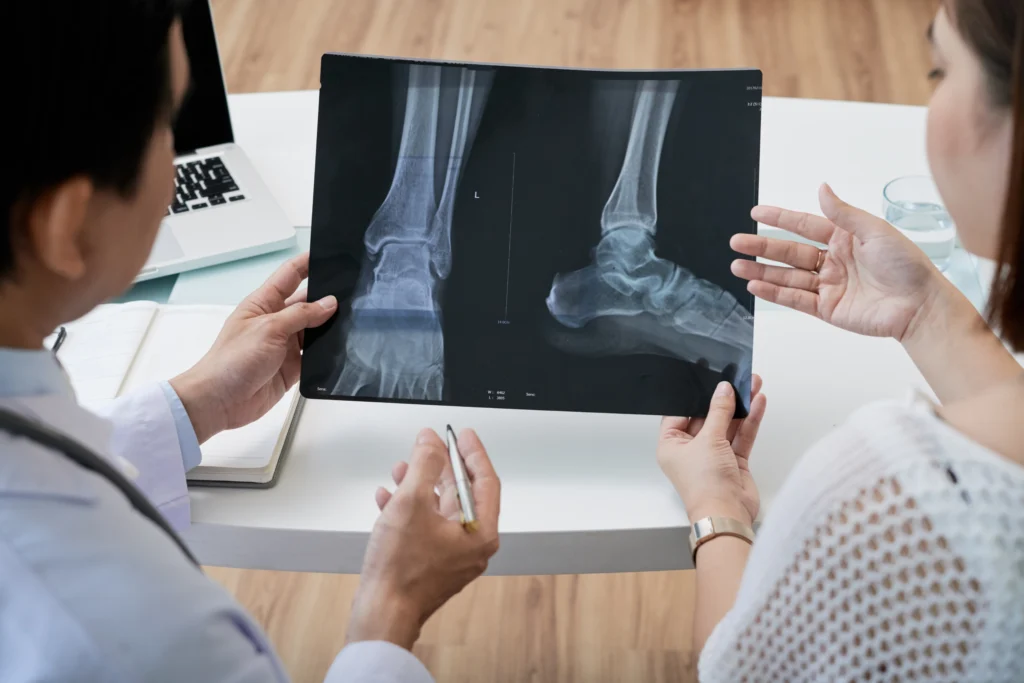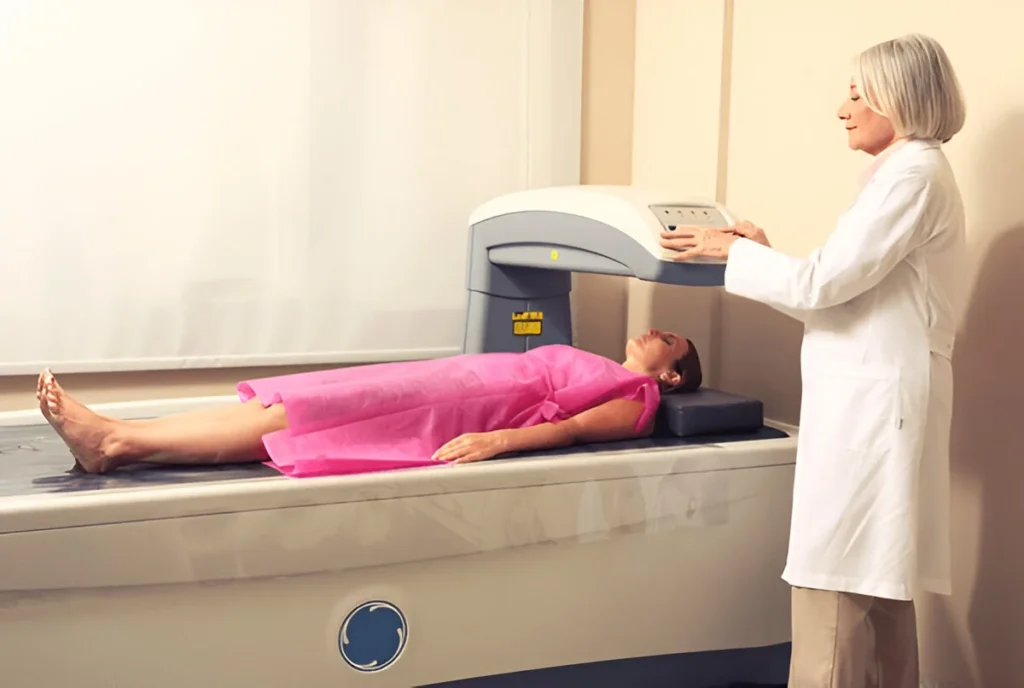-
UNITED HEALTH CENTRE 2,ELLIOT ROAD, KOLKATA - 700016
UNITED HEALTH CENTRE 2,ELLIOT ROAD, KOLKATA - 700016

Bone Density Test in midlife helps women prevent fractures & osteoporosis. Learn why early testing matters from a reputed gynecologist.
As women approach midlife, their bodies undergo significant changes that can impact bone health. One crucial diagnostic tool that often gets overlooked is the Bone Density Test. This test is designed to evaluate bone strength and detect early signs of osteoporosis or other conditions that may compromise skeletal integrity. But why is this test especially critical for women in their 40s and 50s? Let’s explore.

Bone is living tissue that constantly renews itself. During youth, the body builds more bone than it loses. However, as women age—especially after menopause—bone loss accelerates due to declining estrogen levels. This hormonal shift makes midlife a pivotal stage for monitoring bone health.
A Bone Density Test, also known as a DEXA scan, measures how many grams of calcium and other minerals are packed into a segment of bone. The results help identify whether a woman is at risk for fractures, osteopenia, or osteoporosis.
There are several reasons why women should consider testing during this stage:
By detecting problems early, women can take steps to strengthen their bones before severe damage occurs.

Health professionals often recommend midlife women to undergo this test if they:
If these factors resonate, testing may provide invaluable insights.
The process is simple and painless:
Results are reported as T-scores and Z-scores, which compare your bone density to healthy young adults and people of your age group, respectively.
In addition to testing, midlife women can adopt healthy habits to support bone health:
A Bone Density Test is not just for women who already have fractures or osteoporosis. Consulting a professional gynecologist about this test can be a proactive step to understand your bone health better. It is a valuable tool that can make a real difference in preventing long-term complications. Think of it as an investment in your future mobility and independence.

1. At what age should women start getting bone density tests?
Typically, women should consider testing at age 50 or earlier if they have risk factors like early menopause or family history.
2. How often should I repeat the test?
For most women with normal results, every 2–3 years is sufficient. However, if you have osteoporosis or are on treatment, your doctor may suggest more frequent monitoring.
3. Are there any side effects to a bone density test?
No. The test is non-invasive, quick, and involves very low radiation exposure.
4. Can diet alone prevent bone loss?
While a calcium and vitamin D-rich diet helps, lifestyle measures and sometimes medications may also be necessary, especially post-menopause.
Midlife is the perfect time for women to take charge of their bone health. A Bone Density Test empowers you to understand your risk and make informed decisions to preserve strength and mobility for years to come.
If you’ve been wondering about your bone health, this is the perfect time to consult an experienced specialist who can guide you.